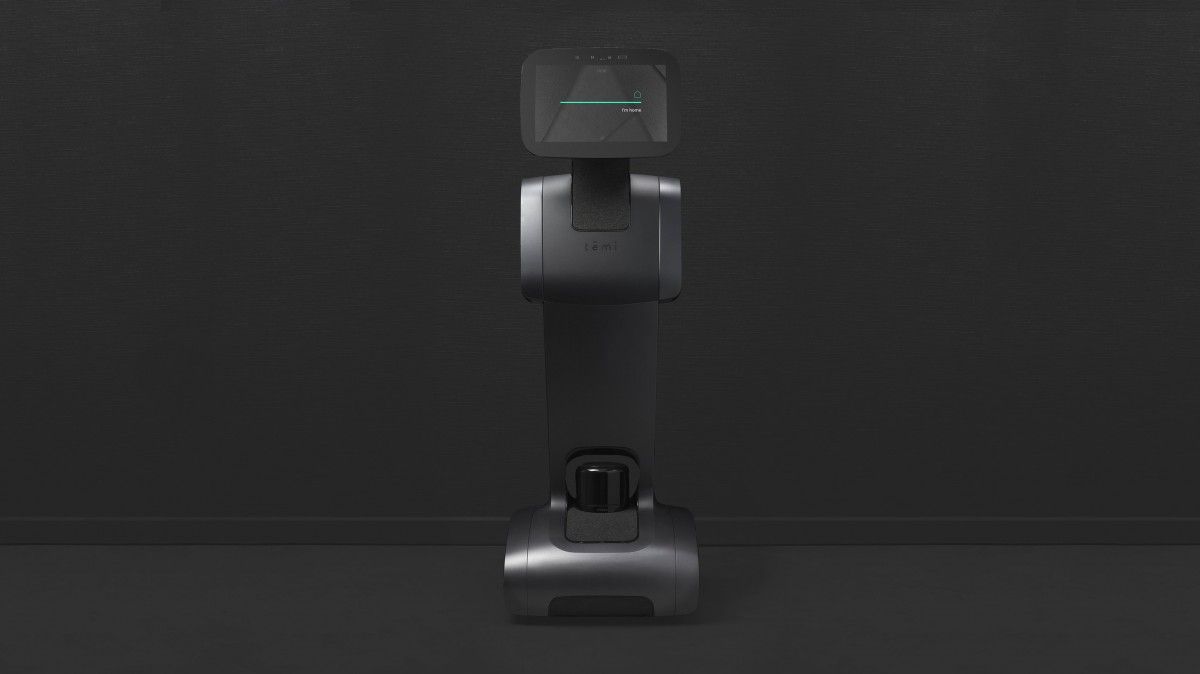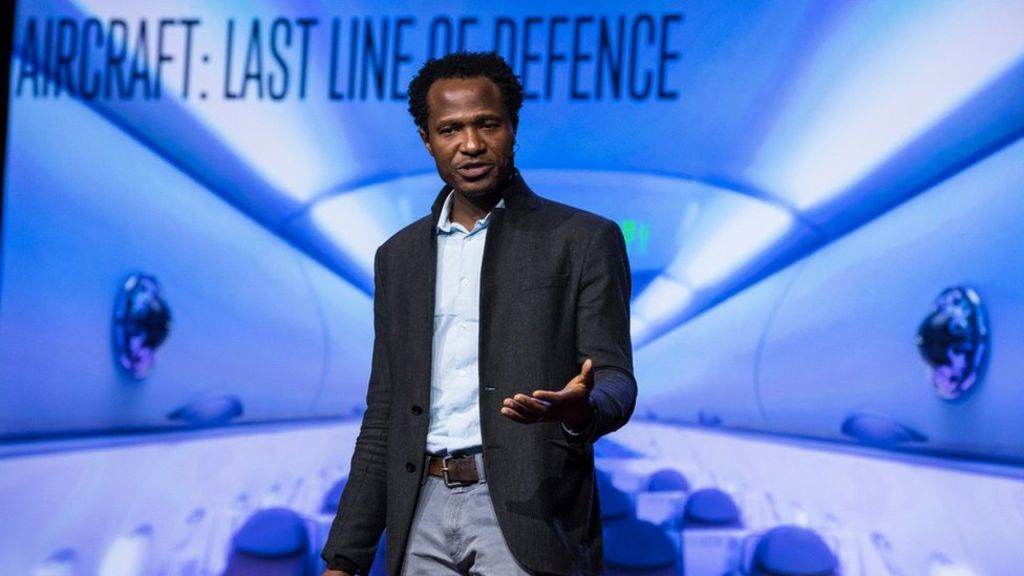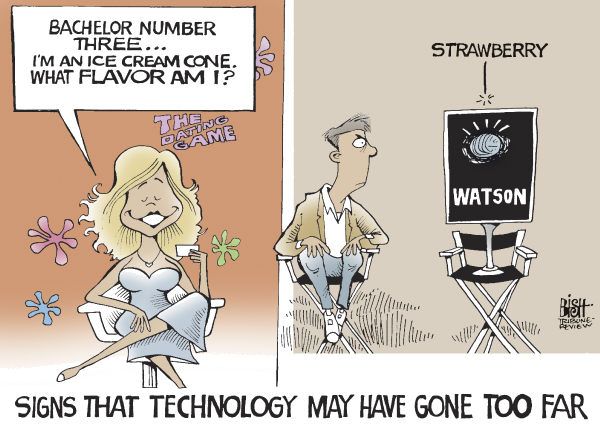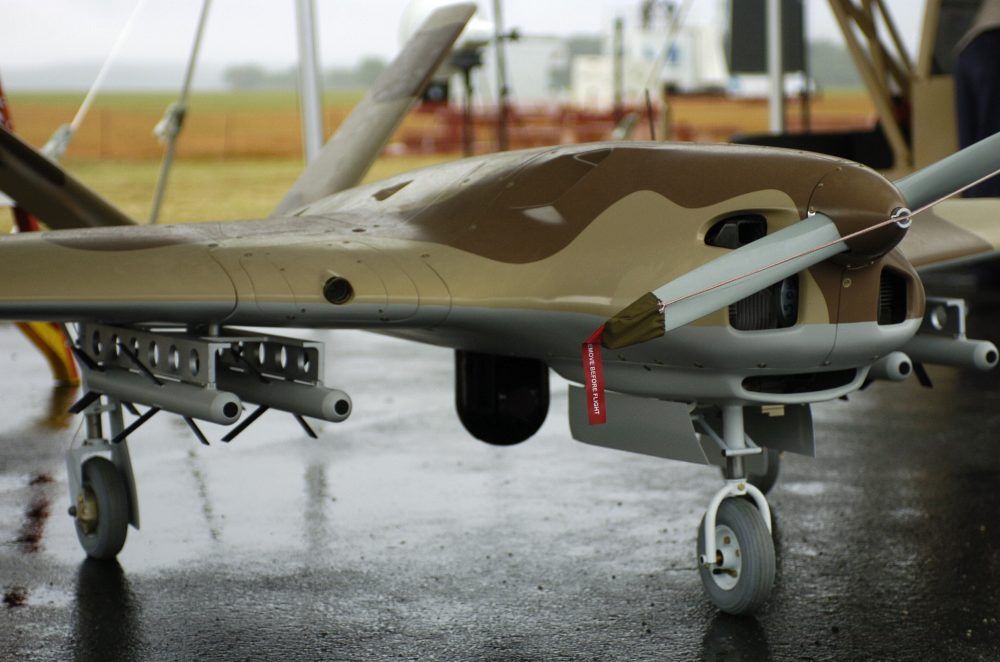That problem from the frontier of technology is why many tech leaders foresee the need for a new “edge computing” network—one that turns the logic of today’s cloud inside out. Today the $247 billion cloud computing industry funnels everything through massive centralized data centers operated by giants like Amazon, Microsoft, and Google. That’s been a smart model for scaling up web search and social networks, as well as streaming media to billions of users. But it’s not so smart for latency-intolerant applications like autonomous cars or mobile mixed reality.
Cloud computing’s big, distant data centers can’t support VR and self-driving cars—but “edge computing” can.







 עברית ( Hebrew )
עברית ( Hebrew )